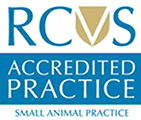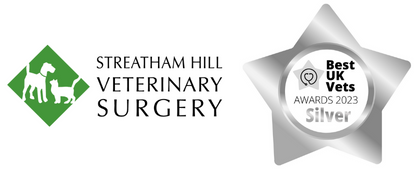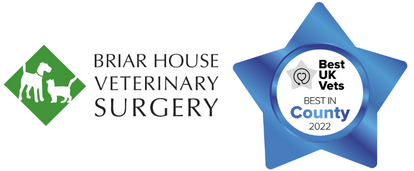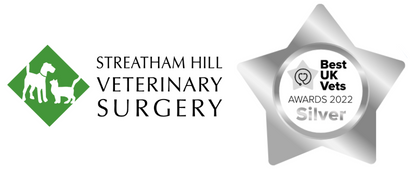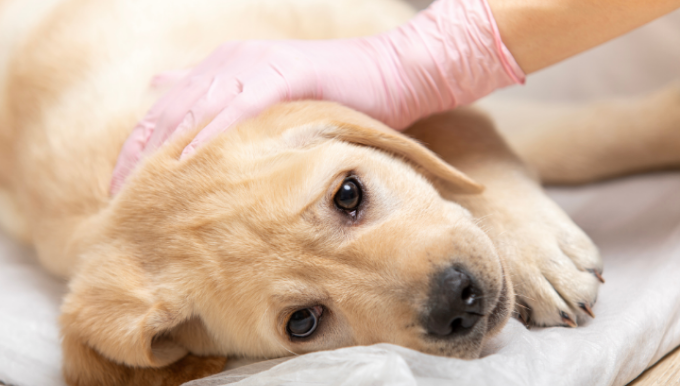
When it comes to vaccinating your pets, we’re sure you have lots of questions.
- Do I need to vaccinate my pet?
- Do I just vaccinate my pet once when they are young?
- Should I vaccinate my pet every year?
Vaccinations are extremely important for protecting your pets from dangerous diseases. There is a lot of discussion around how often to vaccinate your pets, when this is needed and whether vaccinations are necessary.
We wanted to share more information with you on pet vaccinations and the history of vaccinations to help you understand why we vaccinate pets and to help you navigate towards the right choices for both you and your beloved pet.
The History Of Vaccinations In Veterinary Healthcare
With the Covid vaccine currently being rolled out, there is considerable discussion about the benefits and perceived risks of vaccinations. There has also been much debate regarding pet vaccinations over recent years. We thought we would look at the role that vaccines have played in the veterinary world with particular focus on the role of vaccines in pet healthcare.
The development of a vaccination for Smallpox is extremely significant in medical history. Smallpox was a very dangerous human disease caused by the variola virus. The disease was deadly and was feared throughout the world. The Smallpox vaccination process was significant for two key reasons, the first being that it was the first successful vaccine to be developed. The second reason that this vaccine was so momentous was that it was able to completely eradicate the Smallpox disease.
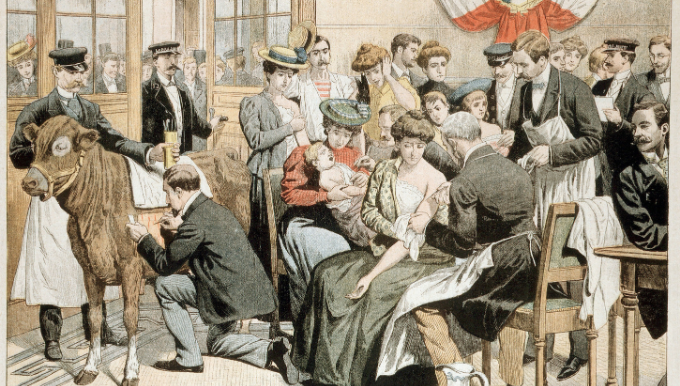
The Smallpox vaccine was introduced in 1796 by Edward Jenner. Interestingly, the reason Jenner was able to discover this vaccine, was through observing that milkmaids who had previously contracted Cowpox did not catch the Smallpox disease. He determined that exposure to Cowpox offered immunity against Smallpox. He began inoculating against the disease and when the vaccines were developed further in the 20th century, Smallpox was incredibly declared eradicated.
Since the massive success of the smallpox vaccination in humans, vaccines have been used successfully in animals to reduce the frequency of diseases such as rabies, anthrax and many more.
Louis Pasteur is renowned for his vaccination discoveries. Since the late 19th century, vaccines have been used in animals, with Pasteur developing a vaccine for chicken cholera in 1879 and another vaccine for anthrax tin 1881 that was used successfully in sheep, goats and cows.
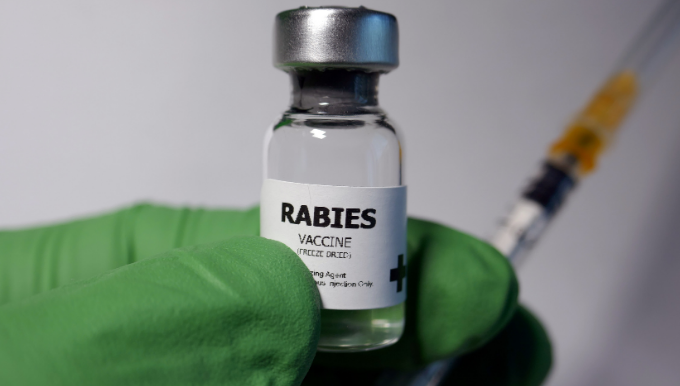
In 1885, Pasteur worked on his first vaccine for humans alongside Émile Roux. They developed an effective vaccine for Rabies, which before then had been fatal for virtually all those infected. The first person to receive the vaccine was a 9-year-old boy who had been bitten by a rabid dog. He was inoculated with spinal tissue from rabid rabbits and developed immunity to the rabies virus.
Important Vaccine Developments
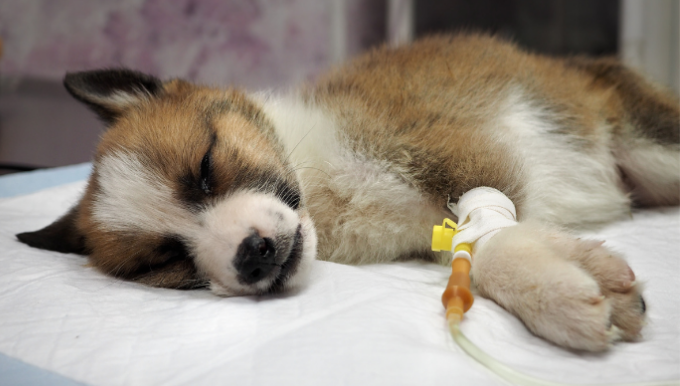
Parvo
Canine Parvovirus is a very dangerous and highly contagious disease. It causes acute gastrointestinal illness in puppies and most commonly affects puppies when they are between 6 and 20 weeks old. However, this disease can affect older dogs too, so it’s important to be aware of this.
Canine parvovirus type 2 (CPV) first emerged among dogs in Europe around 1976. By the year 1978, this deadly virus had spread quickly, causing a worldwide epidemic of myocarditis (inflammation of the heart muscle) and gastroenteritis (inflammation in the intestines), sadly killing hundreds of thousands of dogs around the world.
Canine Parvovirus is closely linked to the feline panleukopenia virus. It is thought that Canine Parvovirus actually developed as a result of several genetic mutations of the feline panleukopenia virus that allowed it to infect dogs too.
Due to the close link between the two, the feline panleukopenia vaccine was initially used to treat dogs and control the horrible outbreak until a canine specific vaccine was created in the late 1970’s. It was a common sight to see queues of people desperate to get the cat vaccine for their dog in order to protect them from the virus. This was until a Canine Parvovirus vaccine was developed by Baker Institute scientists in 1979. Fortunately, the development of this vaccine dramatically reduced the number of dogs dying from this often fatal disease. Parvovirus is still very much present though and unfortunately we do still see Parvo cases which are fatal.
FeLV
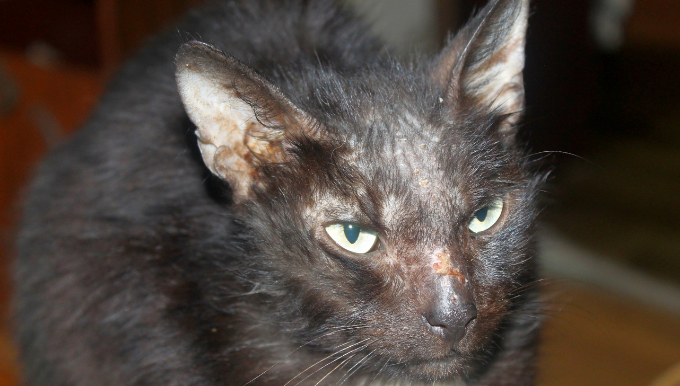
The Feline leukaemia virus (FeLV) is a retrovirus (from the same family of viruses that includes HIV and FIV) that affects cats and can sadly cause fatal illness. This disease emerged in the 1960’s and was a leading cause for cancers and anaemia. It is still one of the most serious diseases affecting cats. The first vaccine protecting against FeLV was introduced in the mid 1980’s and since then several variations have been developed and continuously improved upon. The vaccine has been very successful to reduce the prevalence of this disease. While this was once very common, this dangerous disease has thankfully become much rarer due to vaccinations.
Myxomatosis & VHD
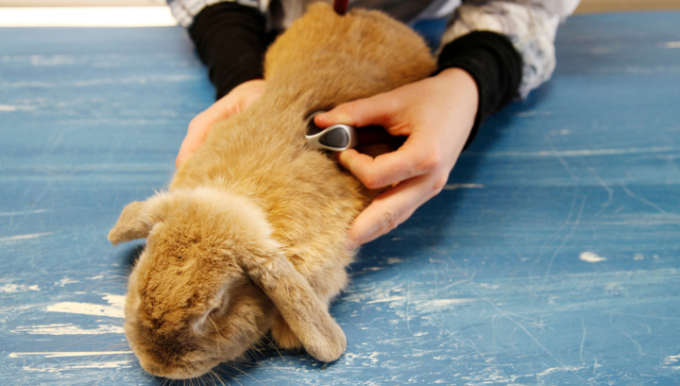
Myxomatosis and both strains of Rabbit Haemorrhagic Disease 1 & 2 can be fatal for rabbits. The newer strain- VHD2 wasn’t reported in the UK until 2014. Thankfully, there have since been vaccination developments which mean that there is now one vaccine that can protect against all three diseases. Your rabbit will need to be vaccinated annually to maintain protection against these nasty diseases.
Canine Melanoma Vaccine
This is a really exciting development within the last decade that is given if a dog develops a melanoma (a type of skin cancer). This is given as a treatment for the tumour and can help to control the tumour and extend a dog’s life. Unlike some, this vaccine isn’t given routinely but instead, only if a dog has melanoma. It is likely that more and more of these high-tech vaccines may become available in the future.
What Do We Vaccinate Our Pets For?
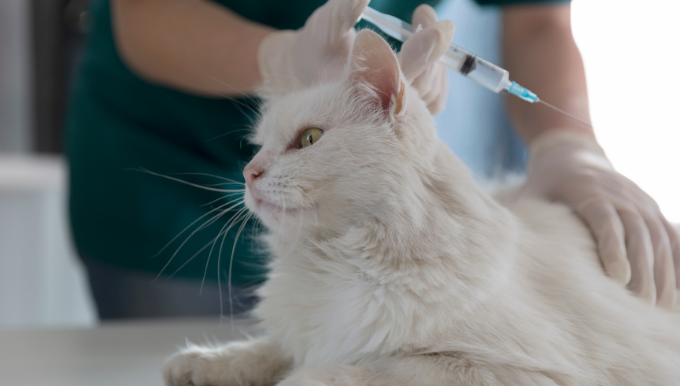
When it comes to our beloved pets, we want to keep them protected from any potential dangers. Depending on the pet, they will require different vaccinations to keep them safe.
What Vaccines Do Cats Need?
Calicivirus- There are many different strains of the Calicivirus and it is one of the common causes of cat flu. It can cause acute upper respiratory infections and Gingivitis.
Viral Rhinotracheitis (Herpes Virus)- This is the cat version of the herpes virus. It causes cat flu, upper respiratory infections and conjunctivitis. This virus can linger for years after its onset and sometimes it can stay for life.
Panleukopenia (Feline Parvovirus)- This is a highly contagious and life-threatening disease. It was once a common cause of death in cats but is thankfully much rarer now, due to effective vaccinations.
Feline Leukaemia Virus- This vaccination is sometimes described as an optional extra. The virus is spread by contact with other cats and can be fatal, so is advisable if your cat goes outdoors.
What Vaccines Do Dogs Need?
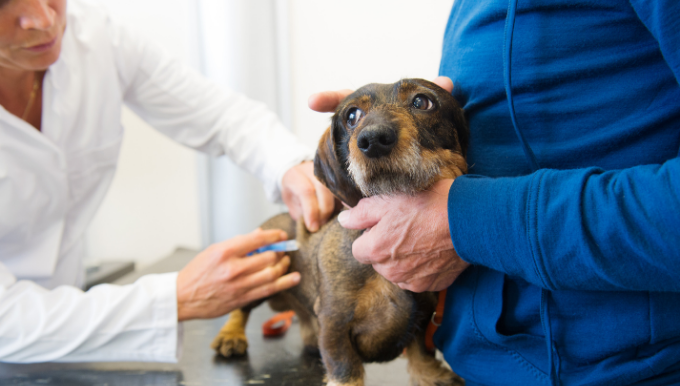
Parvovirus- This is a horrible disease that causes severe vomiting and diarrhoea and is often fatal.
Distemper- A rare disease in the UK, causing respiratory issues and severe illness. It is re-emerging in the UK due to an increase in pet travel.
Canine Infectious Hepatitis- This causes a severe infection of the liver. It is thankfully very rare.
Parainfluenza- This is one of the infectious organisms that are responsible for kennel cough. This can be included in the vaccination or intranasal kennel cough vaccine.
Kennel cough- This vaccine is composed of Bordetella bronchiseptica and sometimes parainfluenza. This is given as a nasal spray or by mouth. Kennel cough causes a nasty cough, which can persist for many weeks. It can sometimes progress to pneumonia and very occasionally is fatal.
What Vaccines Do Rabbits Need?
Myxomatosis- This is a very common virus that causes unpleasant respiratory and neurological signs and is often rapidly fatal. It is highly infectious and it’s important to know that all rabbits are susceptible whether they are kept indoors or outdoors. The virus is transmitted by mosquitoes and fleas or by close contact with an infected rabbit.
Viral Haemorrhagic Disease- There are 2 strains of Rabbit Haemorrhagic Disease- VHD1 & VHD2. Sadly, this is a rapidly fatal disease. It is extremely infectious and can be transmitted through direct and indirect contact. Insects, birds and rodents can spread the disease to rabbits. An infected rabbit could also pass it on to another rabbit through contact or via food bowls, bedding or even urine. It’s also possible for humans to carry the virus (for example on their clothing) after being in contact with an infected rabbit.
Historically, rabbits needed separate vaccinations to protect against these deadly diseases. However, there is now a single vaccination available that helps rabbits develop immunity against Myxomatosis, VHD1 and VHD2.
Minimum Vaccination Schedules
One of the most common queries we get asked as Vets, is whether vaccinations need to be repeated every year. The answer is that it varies depending on the vaccine and the pet.
It has been established that many of the vaccination elements can be repeated every three years with other parts needing repeating annually. This has led to minimum vaccination schedules that reduce the amount of vaccine given but still provide the necessary protection.
Vets are somewhat guided by the vaccination schedules as tested by the vaccine manufacturers, however there is definitely an awareness within the profession of trying to optimise the vaccination schedules so that pets are protected and not given unnecessary doses.
Do You Need To Vaccinate Your Pets Every Year?
You might be wondering- do I need to vaccinate my pet every year, or just when they are young? Lots of people ask this question and wonder whether vaccinations are just for kittens and puppies.
We would always recommend regular visits to the vet for your pet, to receive booster vaccinations and to maintain frequent health checks as these are an important factor in disease prevention.
As well as the important protection that vaccines provide, they are also given in conjunction with a nose to tail health check by our experienced Vets. You can use this opportunity to ask questions and we will offer advice on diet, worming, fleas and lungworm treatment. This health check is possibly one of the most important aspects as we routinely spot health conditions such as heart problems, tumours and dental problems to name a few. These are especially important as your pet gets older.
Our pets age relatively faster than us and an annual check represents a long time in your pet’s life. Much can change from a health perspective, which is why these checks are so beneficial. By bringing your pet in for booster vaccinations annually, you will be able to make sure they see an expert Vet on a regular basis and get the care and attention they need. You’ll have peace of mind that your pet is in safe hands and has been thoroughly checked over. In fact, we provide health checks every 6 months for those pets on our VIP healthcare plan to keep them in tip-top condition.
Vaccination Side Effects
Similarly to us humans, there are a few common side effects when our pets receive vaccinations that you are probably already aware of, such as local reactions like swelling, having a temperature and perhaps being a little off colour for a few days. If your pet does experience these, they will generally be back to their usual selves in a matter of days.
There is a possibility of further side effects from vaccinations, such as autoimmune reactions or feline injection site sarcomas, however these are quite rare. It was initially thought that feline injection site sarcomas were associated with FeLV and rabies vaccinations but can also be associated with other injections. As Vets, it is rare for us to see incidents like this. The benefits of pet vaccinations far outweigh the risks, giving protection against dangerous diseases and peace of mind that your beloved pet is safe in the long term.
So, Do We Need To Vaccinate Our Pets?
The question ‘do we need to vaccinate our pets’ may have crossed your mind. There are many people that may argue that vaccinations are not needed. Unfortunately, it’s often the case that those arguing against vaccinations are non scientific, preferring a holistic or homeopathic approach. You will also find holistic or homeopathic Vets that promote unproven or scientifically dubious nosode vaccines.
Vaccinations are a topic of debate. In the veterinary profession, this is something that is continually assessed, in terms of what we need to vaccinate against and how often vaccination is needed. Things do change and develop over time and this is a subject that is continuously debated.
If you are worried about vaccinations, it is possible to check the level of antibodies in the blood and test the immune status of your pet. However, in reality, few opt for this as it is often more straightforward to provide a vaccination. It is worth knowing that this option does exist though and if vaccinations are something that you have concerns about, this is an option you may want to consider.
It’s important to remember that there is a balance between any risks of vaccination with the protection they give, especially when there is a very high degree of herd immunity and low prevalence rates.
Summary
There is an element of vaccine hesitancy within the veterinary field however, vaccines have created a huge amount of benefit to the health of animals throughout the world and have successfully reduced some really nasty diseases within pets, such as parvovirus, distemper, FeLV and cat flu.
As Vets, we do see cases of these dangerous diseases and it’s devastating when we do. There is a possibility that there has been an increase of these diseases throughout the pandemic, as access to Vets and veterinary care has been more restricted. During the pandemic, we have continued to offer initial and overdue vaccinations and have been trying to ensure that the most at risk pets are vaccinated.
In the veterinary profession, we are constantly looking for the best options to keep your pets safe. Our advice would be that the benefits of vaccinations far outweigh the risks. After all, we all want what is best for our cherished pets and want to ensure that they stay happy and healthy.
Vaccinations are included in our VIP healthcare plans. We provide these as we believe that vaccinations are an important part of keeping your Very Important Pets protected.
It’s become apparent during the Covid outbreak that vaccinations are the cornerstone of a preventative medicine approach to good health and welfare.


